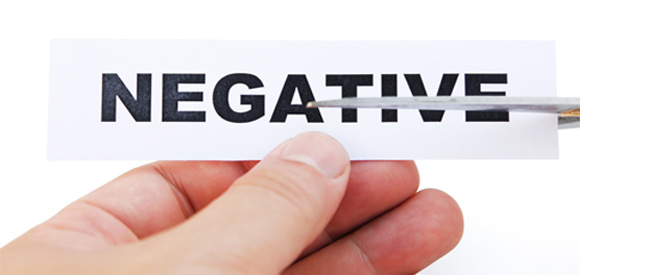Habits are sneaky. They breeze effortlessly into our lives and then linger on with a clingy, pernicious hold on us.
There’s a funny saying about habits – You take away the ‘H’ from the word ’Habit’ and ‘abit’ still remains. You take away the ‘A’ and ‘bit’ still remains. Take away the ‘B’ and ‘it’ still remains.
If I created a habit, I should have no difficulty overcoming it, right? – Wrong! We all know how dreadfully difficult it is to overcome a habit.
Why are habits so hard to break?
To understand why habits are hard to break, it’s important to understand how they got started in the first place.
Look at this scenario—In an innocent spirit of adventure, I try out a new food. Let’s take sushi, for instance. At first, I hated it. But, as I noticed others around me enjoying it, I bravely ventured another piece and then another. After two or three subsequent trips to a Japanese restaurant, I had acquired a taste for sushi. In fact, I’ve come to enjoy it so much that I crave it often.
This is the way with all habits – from simple ones like coffee or tea drinking or smoking, to emotional reactions such as reacting with anger or speaking foul language.
A habit is a practice that we are compelled to repeat in spite of ourselves.
The two results of every self-centred action
Every action taken to fulfil a selfish desire leaves behind two types of results:
- A physical result that we experience either in our body or the world outside
- A subtle, psychological imprint in our mind
 For instance, you crave a cup of coffee every morning. Your mind starts thinking about it right from the time you wake up. “I want my hot coffee”, or, “Oh, how I’d love a cup of coffee now” The agitating thoughts associated with it don’t shut up until you actually drink the coffee.
For instance, you crave a cup of coffee every morning. Your mind starts thinking about it right from the time you wake up. “I want my hot coffee”, or, “Oh, how I’d love a cup of coffee now” The agitating thoughts associated with it don’t shut up until you actually drink the coffee.
Once you drink the coffee, you are rewarded in two ways:
Physically, your body enjoys the whole experience – from the taste of the coffee on your tongue, to the pleasant sensations of the warm liquid in your mouth and throat to the satisfying fullness in your stomach.
Mentally, the agitations stop and you relax – “Hmmm…this is good!” you say to yourself.
This inner feeling of satisfaction gets imprinted as a tendency in your mind.
It is this subtle, psychological imprint that is the reason why a habit stays with us. It is the impetus behind your desire for another cup of coffee. As you repeatedly give in to that desire, the imprint goes deeper and deeper into your psyche.
What is a Vasana?
Vedanta calls this imprint or tendency a ‘vasana’. The word ‘vasana’ means ‘fragrance’ in Sanskrit. Just as a flower leaves a fragrance in your hand even after you give it away or put it down, a vasana is a fragrance that lingers in your psyche after the action is long gone.
A vasana is a subtle and deeply imbedded tendency in your mind. It is impossible to uproot directly.
The way to overcome it is to take the simpler, but indirect method. Since the vasana was formed through repeated action, the remedy is to reverse the tendency through action itself.
Sublimation, not Suppression is the answer
But, simply suppressing the action will not get rid of the vasana. You can’t expect your coffee habit to disappear by suddenly not drinking coffee. It only puts a lid on the desire—the desire itself still persists. This is the reason why habits are so hard to break because we often try to get rid of them by simply stop doing them.
The surest method is to sublimate the tendency through intelligent thinking and intelligent action.
If you realize that your coffee dependency is ruining your peace of mind by making you edgy and unable to sleep at night, then when you firmly decide that you are not going to have the coffee, you are on your way to overcoming it.
Easy does it
Overcoming a vasana has to be done gradually. For instance, you may start by cutting back the number of cups of coffee per day. Then, when you are ready, you can cut back on the actual amount of coffee. Maybe, you may have only half a cup instead of a full cup. And then slowly, over a period of time, you can eliminate even that half a cup completely.
When a negative habit is broken slowly and intelligently like this, it can be successfully overcome. I know it’s easier said than done, but this is essentially how to do it.
What habit would you like to overcome? Leave me a comment with your reply. I’d love to hear from you.
Like this post? Sign up for the free fortnightly Spiritual Solutions Newsletter and receive the latest articles, news and updates in your email inbox!











